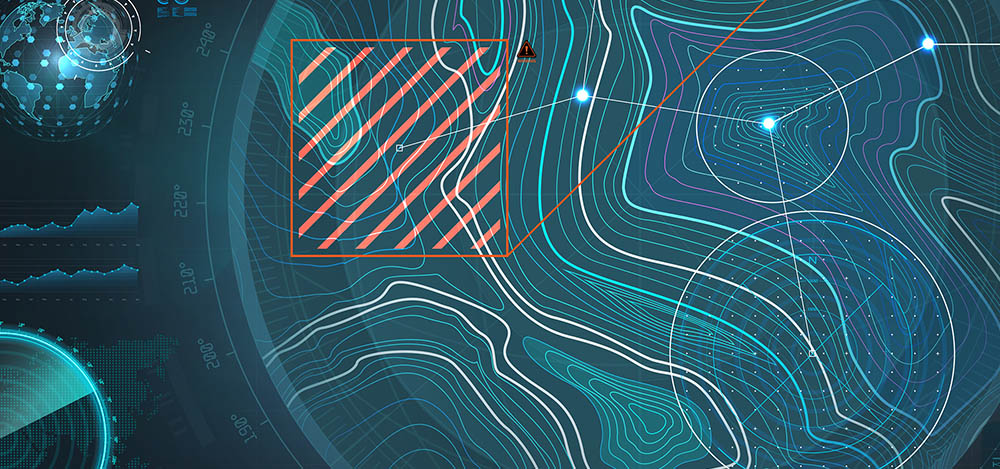
The Hub for Digital Innovation (HuDIni) is a focal point for the development of digital innovations in all disciplines of STEM, to foster a culture of innovation in learning and teaching. It aims to position the College as an innovator and leader in STEM education by creating life-changing learning experiences for our students and developing a globally competitive workforce capable of driving industry transformations and growth in a tech-rich world.
The Hub operates the Virtual Experiences Laboratory (VXLab) which is a distributed digital innovation platform, with a physical presence on the City Campus. The VXLab provides facilities for: physical/online blended meetings and workshops; collaborative prototyping of learning and teaching environments; development and training; showcases for digital innovation. The VXLab has been used for prototyping digital innovation in disciplines such as Space Exploration, Early Childhood Education, Chemistry, Nanotechnology and Computing Technologies (Programming & Software Engineering Projects).
Mixed reality technologies allow greater immersion and engagement in topics which require 3D understanding, such as chemical reactions, engineering diagrams and environmental locations.
Laboratory experiences increasingly include virtual environments such as Labster and digital twins of real-life facilities.
Assessment technologies can increase individualisation of tasks for students, and partially or completely automate grading and feedback.
Chatbots and similar techniques can be used to assist with common student queries and other information needs, while providing 24/7 access and consistency of answers.
Lightboards, video walls and other new technologies can greatly facilitate interactive and engaging classes streamed to students.
Robots provide environments for advanced coursework and research students.
Innovative uses of digital technologies are always of interest, such as finding ways to replace repetitive tasks with suitable software developments (including custom developments).

Contact Michelle Spencer or James Harland


RMIT University acknowledges the people of the Woi wurrung and Boon wurrung language groups of the eastern Kulin Nation on whose unceded lands we conduct the business of the University. RMIT University respectfully acknowledges their Ancestors and Elders, past and present. RMIT also acknowledges the Traditional Custodians and their Ancestors of the lands and waters across Australia where we conduct our business - Artwork 'Sentient' by Hollie Johnson, Gunaikurnai and Monero Ngarigo.
Learn more about our commitment to Indigenous cultures